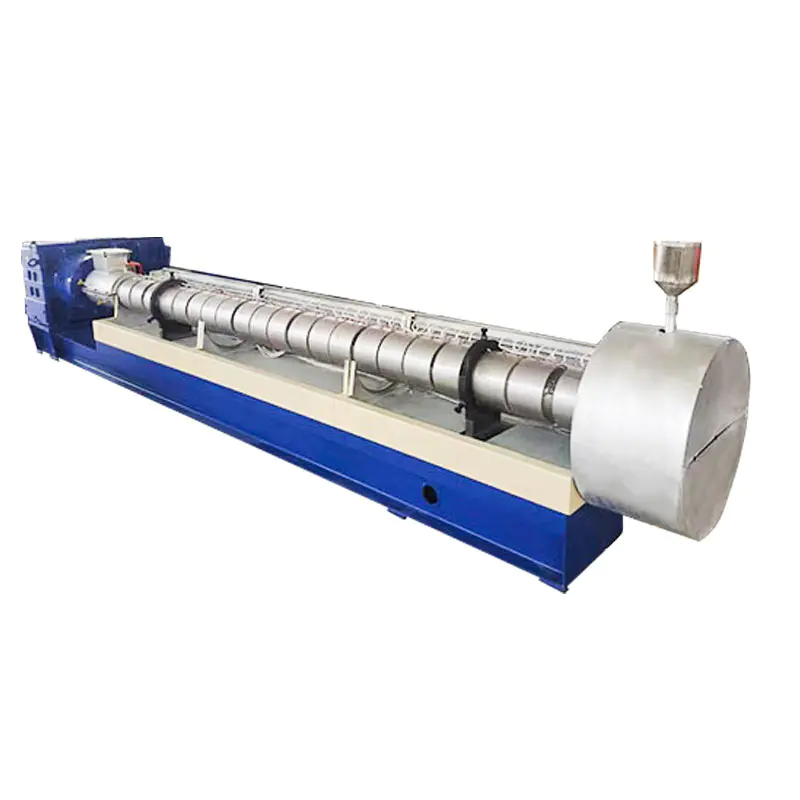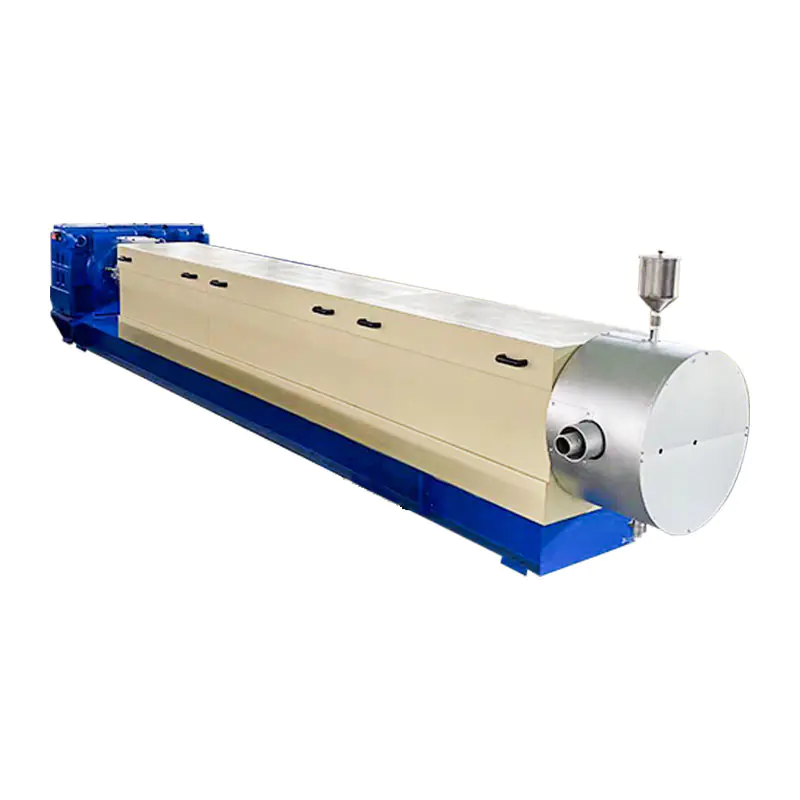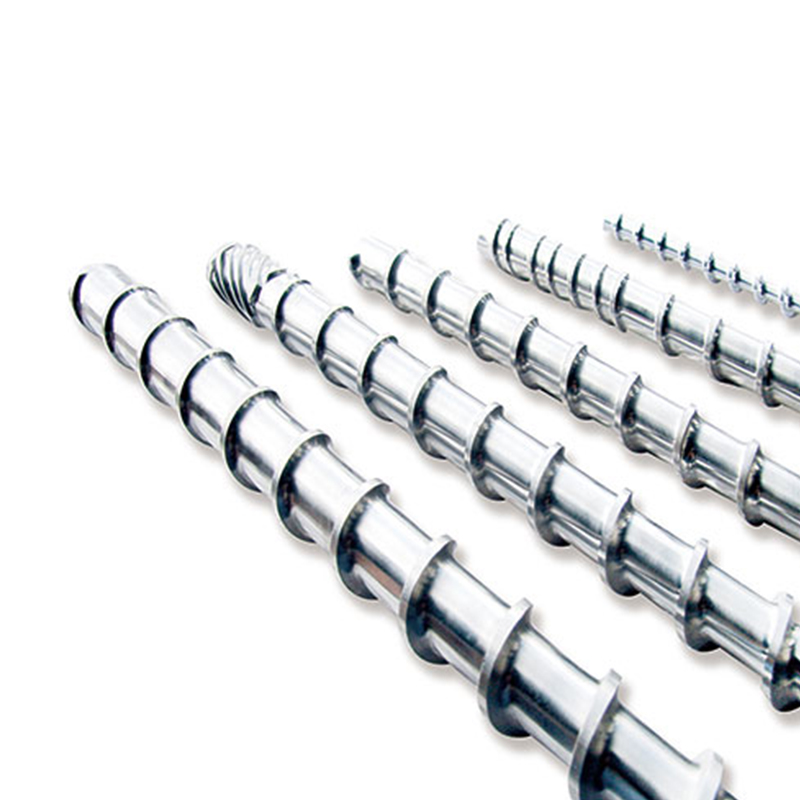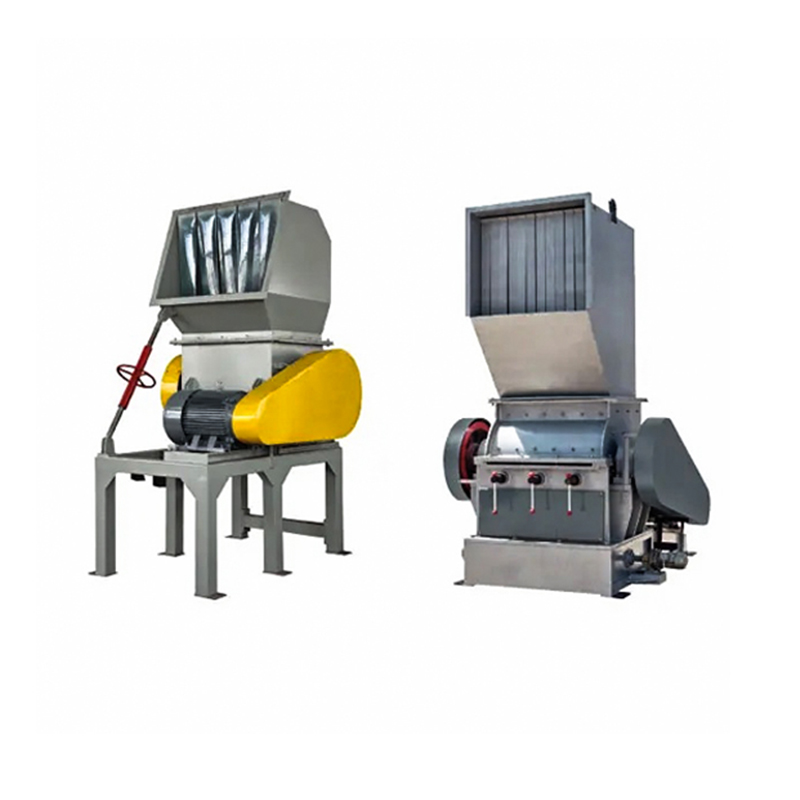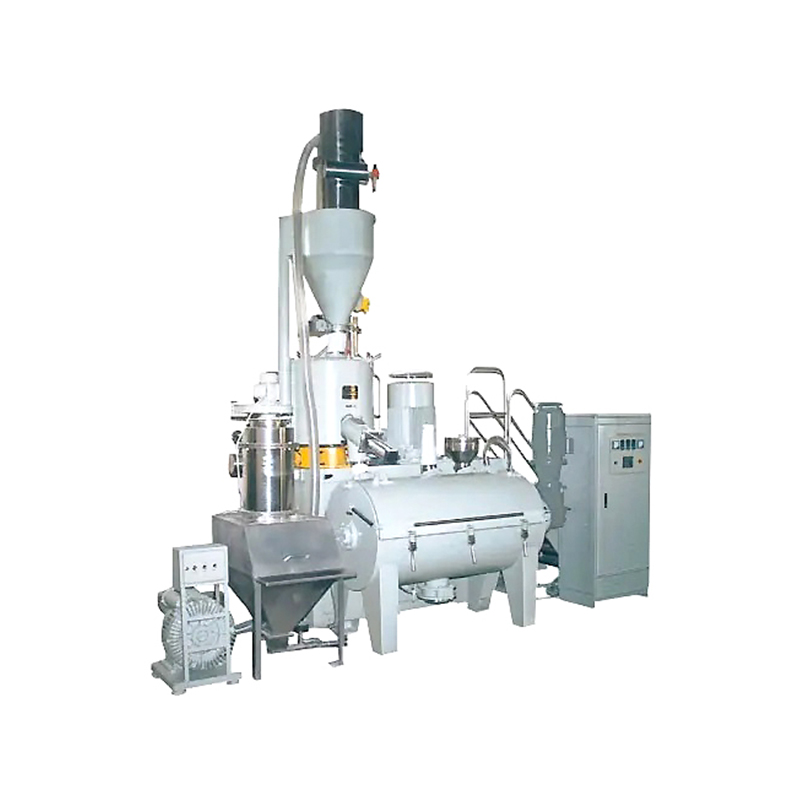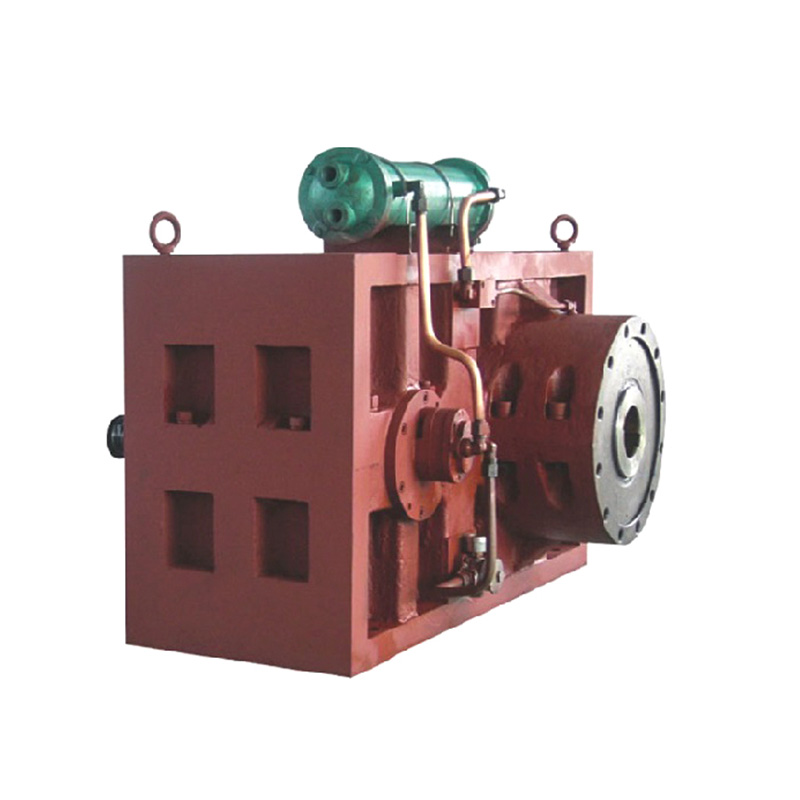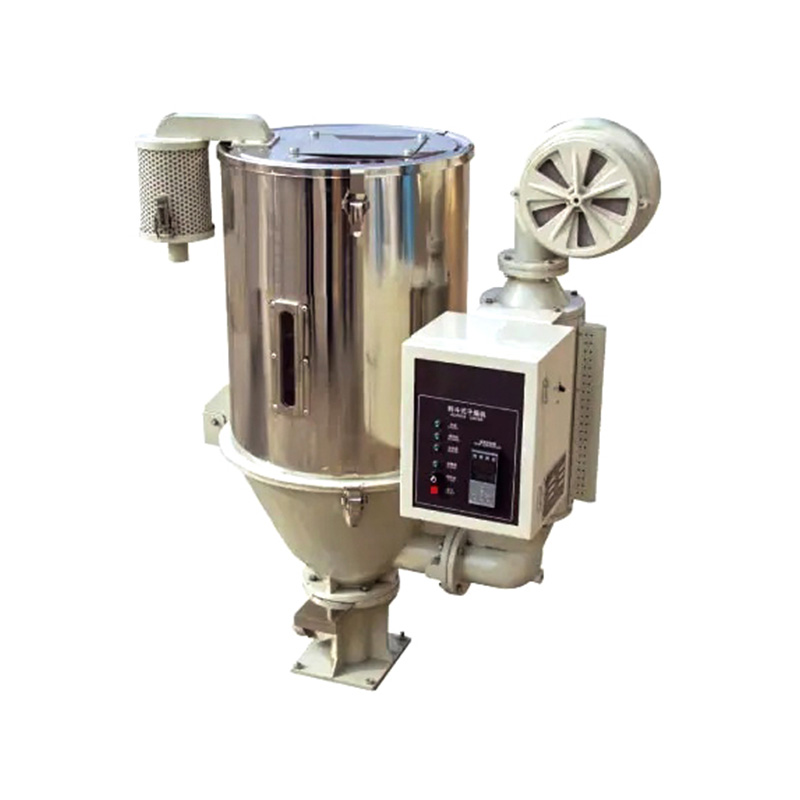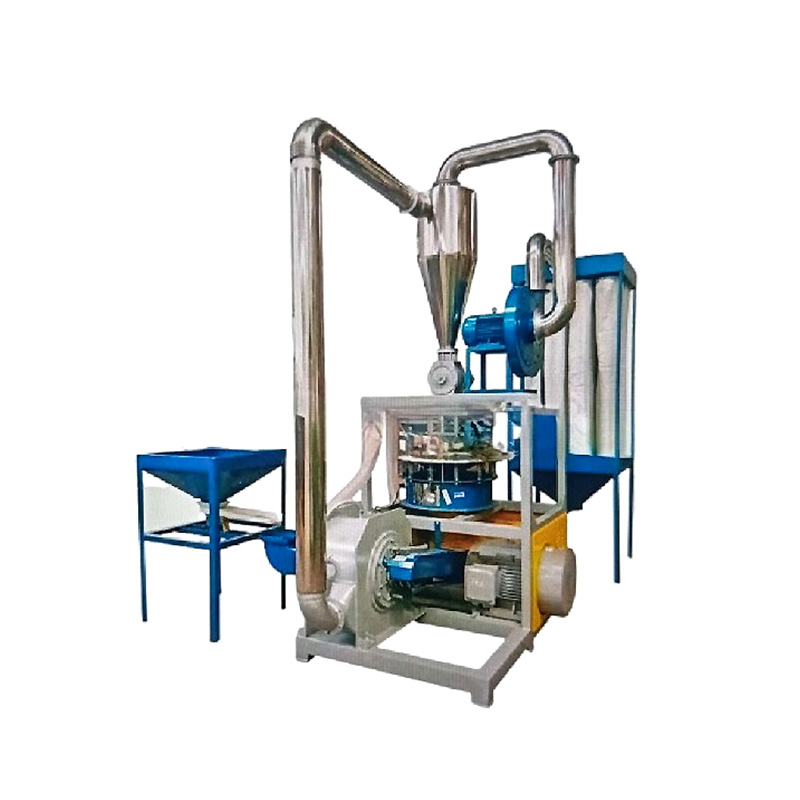The Plastic Pelleting Machine is a versatile piece of equipment widely used in the plastics industry to convert raw plastic materials into uniform pellets. These pellets are then used for various manufacturing processes such as injection molding, extrusion, and blow molding. Understanding which types of plastics can be processed by this machine is essential for manufacturers looking to optimize production efficiency.
Thermoplastics Suitable for Pelleting
Thermoplastics are the most commonly processed materials using a Plastic Pelleting Machine. These plastics can be melted and reshaped multiple times without significant degradation. Some typical thermoplastics include:
- Polyethylene (PE): Includes both low-density (LDPE) and high-density (HDPE) forms, widely used in packaging films, containers, and pipes.
- Polypropylene (PP): Known for its excellent chemical resistance and versatility, used in automotive parts, packaging, and textiles.
- Polystyrene (PS): Often processed for products like disposable cutlery, insulation materials, and electronic casings.
- Polyvinyl Chloride (PVC): Utilized in construction pipes, profiles, and medical devices due to its durability and cost-effectiveness.
- Polyethylene Terephthalate (PET): Commonly recycled into bottles and fibers, making it highly suitable for pelleting.
Engineering Plastics That Can Be Pelletized
Engineering plastics are more specialized materials offering higher mechanical strength, heat resistance, and chemical stability. The Plastic Pelleting Machine can handle these plastics when properly configured:
- ABS (Acrylonitrile Butadiene Styrene): Often used in automotive parts, consumer electronics, and 3D printing filaments.
- Polycarbonate (PC): Known for its impact resistance and transparency, widely applied in optical discs, safety equipment, and glazing panels.
- Polyamide (Nylon): Ideal for fibers, automotive components, and engineering parts due to its wear resistance and strength.
Specialty and Recycled Plastics
The Plastic Pelleting Machine is also capable of processing specialty plastics and recycled materials, contributing to sustainable manufacturing practices:
- Recycled plastics: Post-consumer and post-industrial waste can be re-pelletized for reuse in various applications.
- Biodegradable plastics: Materials such as PLA (Polylactic Acid) can be processed to create eco-friendly pellets.
- Composite plastics: Some machine models can handle plastics blended with fillers or fibers for enhanced material properties.
The versatility of a Plastic Pelleting Machine makes it an essential tool for manufacturers working with a wide range of plastics. From common thermoplastics like PE and PP to engineering plastics and recycled materials, this machine ensures efficient pellet production, contributing to improved manufacturing processes and sustainability. Understanding the plastics suitable for pelleting allows companies to maximize productivity while maintaining material quality.



 عربى
عربى


